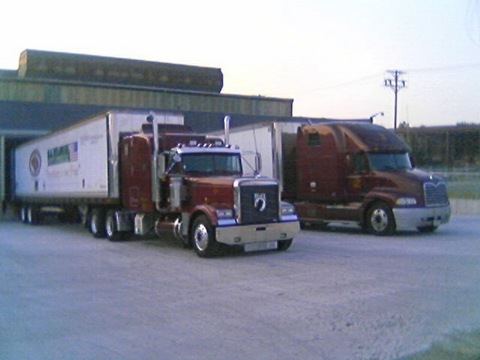Page added on August 31, 2006
Will the End of Oil Be the End Of Food?
American agriculture is fatally dependent on oil. A few forward-thinking farmers are trying to reduce their reliance on fossil fuels.
Farmer Richard Randall doesn’t believe in the notion of “peak oil,” the argument that civilization will soon experience an acute — and irreversible — petroleum scarcity that will fundamentally alter our way of life. A 61-year-old wheat and sorghum grower from Scott City, Kan., Randall says he’s seen high oil prices before, and that today’s expensive petroleum is just part of a natural market cycle that will eventually adjust itself, leading to lowered fuel costs.
“I think there’s plenty of oil there,” Randall said recently. “I feel that if we allow the marketplace to work without interruption in the supply, we will find a level. It’s not going to be as low as it was, but it will come down. We do need to produce oil where we can.”
Randall may not be certain when oil prices will level out, but it’s abundantly clear to him that $70/barrel petroleum is taking a huge bite out of his business. Nearly every part of his farming operation is being impacted. The price for the diesel fuel that runs the tractors and trucks on his 4,500-acre farm have more than tripled in the last four years, rising from 80 cents per gallon to close to $3. Fertilizer prices are also up sharply. Since synthetic fertilizers are made from natural gas, they too are impacted by higher fossil fuel prices; the cost of fertilizer has gone from about $160 per ton to $460 per ton in the last three years. Smaller, organic growers are also feeling a pinch from costlier petroleum. The price for the plastic drip irrigation tape commonly used on organic fruit and vegetable farms is up 20 percent from two years ago.
Because farmers operate in a commodity market where buyers and brokers dictate the price of the harvest, high oil costs have been particularly painful. Unlike other businesses, farms have no way to pass their rising costs on to consumers.


Leave a Reply